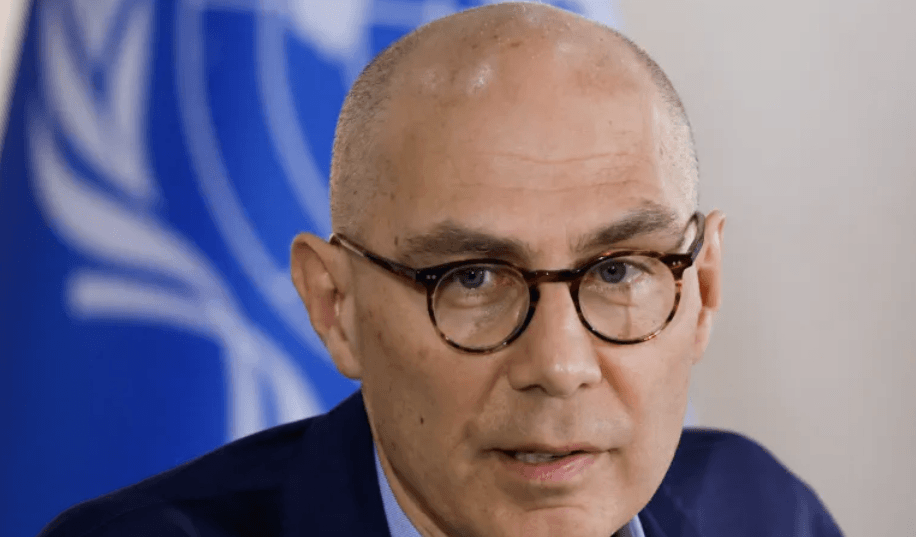‘Communication’ with China is initiated by the new UN human rights chief.
After the UN report on abuses in Xinjiang, many had hoped Volker Türk’s first address would take a more aggressive stance.
According to the newly appointed UN human rights commissioner, his office has established “channels of communication” to assist in following up on complaints concerning the rights of minorities in China’s western Xinjiang province, particularly Uighur Muslims and Tibetans.
Volker Türk, the UN High Commissioner for Human Rights, noted that his office had called for a “concrete follow-up” on abuses like arbitrary detentions and family separations in Xinjiang in a highly anticipated speech on Tuesday, which marked the first presentation of the office’s annual report since he assumed office in October.
He added, “We are especially concerned about the impact of the national security law in Hong Kong, as well as the severe restriction of civic space more broadly, including the arbitrary detention of human rights attorneys and defenders.
Following a shocking assessment issued in August by his predecessor, Michelle Bachelet, which indicated potential crimes against humanity, Türk has come under pressure from Western countries and rights organizations to take a strong stance on Xinjiang.
His words fell short of the campaigners’ expectations for a more forceful statement to Beijing. Türk, according to Kenneth Roth, the former director of Human Rights Watch, “mouthed not a word of criticism of China.”
As if he has any leverage beyond the public reporting/condemnation that he abandons, Roth tweeted, “He offers only quiet diplomacy – ‘we have opened up channels of communication’.”
The annual report for Türk’s office was presented for the first time since he assumed leadership in October during his speech. It explored a wide range of issues in numerous nations, from Afghanistan to Zambia, including women’s rights, prejudice, violence, and climate change.
He also brought up the conflict between Russia and Ukraine, the ongoing bloodshed in Syria, the unrest in Mali and Burkina Faso, as well as the repression of political activists, free speech, and dissent in several regions of Asia, the Middle East, and North Africa.
Türk mentioned allegations of “excessive use of force, racial profiling, and discriminatory practices by police – most recently in Australia, France, Ireland, and the United Kingdom” as other examples.
He stated that he was “deeply concerned by multiple trends” that were occurring in Russia, including the closing of activist and independent media outlets’ offices as well as the “constant” pro-war messaging that “feed stereotypes and incite hatred and violence” on state television.
Advocacy organizations had urged Türk to first and foremost adopt a tough stance on China.
Last month, Amnesty International’s secretary-general, Agnes Callamard, urged Türk to “publicly put his weight” behind Bachelet’s report and include in the council session “a significant brief on Xinjiang that reflects the gravity of the findings” of the UN rights office.
She told the ACANU press association that the message would be significant in many ways. “I believe that the high commissioner will be evaluated in large part on his or her courage and willingness to stand up to China and other superpowers.”













